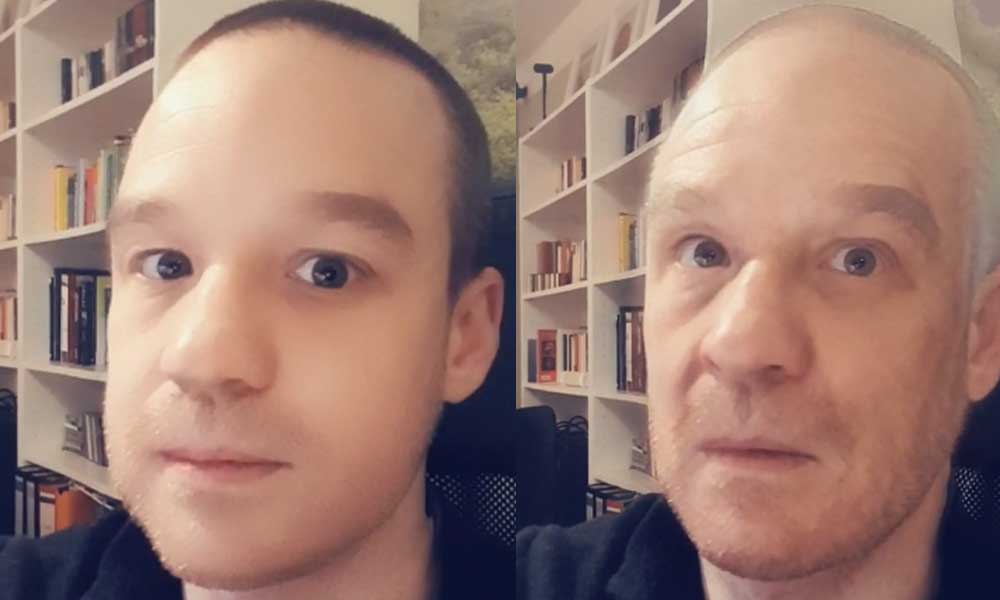Clearview AI aims to track faces as they age

Surveillance company Clearview AI wants to expand and improve facial recognition technology with AI: Faces are to become identifiable regardless of their age, even if only an old original image is available for matching.
Clearview AI wants to continue to grow: currently, around 50 employees work for the US surveillance company, most of them remotely. This year, up to 18 people are to be added. The development team is to grow from 7 to 12 employees. The head of research is computer scientist Terence Liu.
Clearview AI wants bigger contracts
Because of its controversial surveillance app, some of which is used illegally by government agencies, Clearview AI has received a lot of attention despite its small size and revenue. While the coverage earned the company international criticism and lawsuits with privacy regulators - it also gave it a tailwind in finding customers.
Clearview CEO Hoan Ton-That sees growth potential primarily in business with government agencies. According to him, they are successfully using Clearview AI, but so far have only signed contracts in the five- to six-figure range. The goal, he says, is to move into the seven- to eight-figure range.
In addition to government agencies, the U.S. military is a customer of Clearview, which is also looking to win over companies that want to monitor low-cost workers as part of the "gig economy."
Tracking without age limits
Ton-That has already announced several times that Clearview's database of people images will continue to grow and will also be expanded with new AI tracking methods. Poorly recognizable images or images of masked people, for example, could be automatically post-processed by AI-powered image processing to provide identifiable material.
Now Ton-That mentions AI image processing for another application scenario: Corresponding systems, which already exist in variants as smartphone AR filters (see cover image), are supposed to imagine people in photos as older or younger versions. In this way, authorities could, for example, try to assign an older face to a younger one in the prosecution of a crime committed some time ago.
The emphasis is on "attempting": while Clearview AI offers high accuracy compared to other face tracking systems, it is not error-free. The unlawful imprisonment of Nijeer Parks is a case in point.
Images processed by AI, ultimately interpretations of an algorithm, could increase this error rate and therefore be impractical. The company plans to collect up to 100 billion original images in the coming years and store them in its database.
AI News Without the Hype – Curated by Humans
As a THE DECODER subscriber, you get ad-free reading, our weekly AI newsletter, the exclusive "AI Radar" Frontier Report 6× per year, access to comments, and our complete archive.
Subscribe nowAI news without the hype
Curated by humans.
- Over 20 percent launch discount.
- Read without distractions – no Google ads.
- Access to comments and community discussions.
- Weekly AI newsletter.
- 6 times a year: “AI Radar” – deep dives on key AI topics.
- Up to 25 % off on KI Pro online events.
- Access to our full ten-year archive.
- Get the latest AI news from The Decoder.